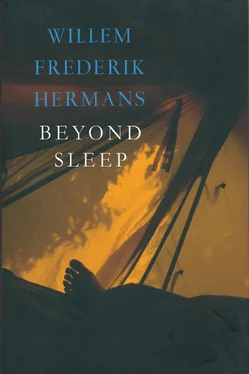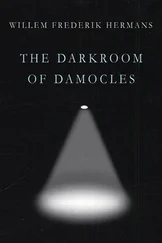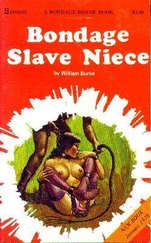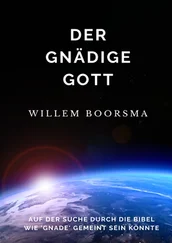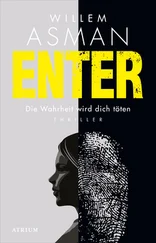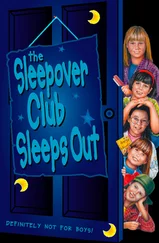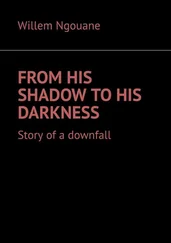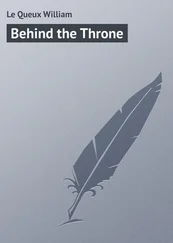Fifteen minutes later we slip our arms through the straps of our rucksacks and set off.
A frayed string hangs round Arne’s neck with the ends tucked into his right breast pocket. I am intrigued by what he’s got in there. He doesn’t seem to own anything that isn’t old and worn. Take his camera — a case that’s so scuffed the leather looks inside out, a badly cracked shoulder strap about to fall apart and a loose buckle which has been reattached with a bit of bent wire. Not only is his anorak patched, even his rucksack has been mended: with squares of canvas in different shades.
Before Arne shoulders his rucksack I furtively heft it to check how heavy it is: much heavier than mine.
When we are outside I say, more out of concern about not pulling my weight than out of politeness:
‘Look here, you’re carrying more than me. That’s not really fair.’
‘Don’t worry, you’ll make up for it later on, once we’ve stocked up on all the food.’
I gladly take his advice not to worry, in so far as the prospect of having to carry even heavier loads permits.
We make our way between the bungalows and spruces back to the main road. The ground is almost completely bare, and every single spruce around here is stunted. I am carrying the tripod, which is heavy, switching it from one shoulder to the other at intervals. Mosquitoes keep settling on my face and on the backs of my hands. Even cigarette smoke doesn’t keep them away.
Arne points to the leather case hanging from my belt:
‘What have you got in there?’
‘A compass. Care to take a look?’
I open the case and hand him my compass.
‘Jesus, what a beautiful instrument. Did you buy it specially for this trip?’
‘No, I’ve had it since I started at university.’
‘It looks brand new,’ he says, with what I take to be a guarded look.
‘My sister gave it to me seven years ago. She’s always afraid I’ll get lost.’
Feeling discomfited for some reason, as if I’m telling a lie, I return the compass to its case.
‘So you have a sister?’
‘Yes, six years younger than me. She’s an odd girl. Pretty, but very dim. Because she’s religious, you see, superstitious even. Were you brought up a believer?’
‘Fortunately not.’
‘We weren’t either. I wasn’t even baptised, nor was Eva. But she’s considering having it done now.’
‘There’s a book called The Face of God after Auschwitz ,’ Arne says. ‘A fine face that must have been …’
We both break into nervous laughter at the thought of what God saw when He pulled that face.
Can this be Alta’s high street? At any rate the bus station is here, with the post office across the way.
We set down our luggage beside that of the other prospective passengers. Arne crosses to the post office, I stay behind.
Among the people waiting at the stop are several Lapps. I study them intently, comparing their clothing with the postcards I have seen. No two are dressed alike. Standard European dress has crept up on them in fits and starts.
One old man still wears the home-made boots of soft reindeer hide. Some of the women have changed to wearing ordinary shoes and flesh-coloured nylons, which clash horribly with the rest of their outfits: the bright blue blouse gathered at the waist with a belt, the red cap with ear flaps.
They sit huddled together on the edge of the pavement, talking in low voices, their faces wrinkled and waxy, wreathed in smiles. Their hands are blackened by ingrained dirt, which almost makes the skin gleam. Suspended from a strap over their shoulders they carry a sort of swag-bag encrusted with a variety of metal objects: medals, figurines, coins, I can’t tell what all of them are. The men also have enormous knives hanging from their belts, in leather sheaths curved at the tip.
The sole inhabitants of the land I am heading towards. What would I ask them if I could speak their language? Whether they’re happy? But that isn’t something you’d ask someone whose language you do speak, either. Whether they feel their life is better than ours? Whether they ever wish they were ordinary Norwegians? They’d probably say they never stopped to think about it.
Arne emerges from the post office, waving a letter as he crosses the road to join me. A letter? Who from?
The letter is from my mother. I wish she’d get off my back. A letter already — she must have written it the moment I left or it wouldn’t have got here so soon. I don’t feel like reading what she’s got to say just now, so I stuff the envelope in the breast pocket of my windproof jacket and trail after Arne.
He goes into the bicycle shop next to the bus station. The salesman and Arne exchange elaborate, formal greetings. Then the bicycle man smiles at me and says:
‘How do you do, sir?’
Arne, it turns out, has decided we need cloth hats (American Army Surplus) with a flap of mosquito netting all round. I put mine on at once and tie the net under my chin. Another essential purchase is Finn-Oljen, an extra strong mosquito oil, which we promptly smear on every bit of exposed skin. FORSIKTIG! Warning! Harmful to mucous membrane , it says on the label.
We busy ourselves with the oil until the bus arrives.
The rucksacks are loaded on the roof. We board the bus, and just as the driver makes to shut the door a Lapp woman comes hurrying towards us, carrying a toddler with a leg in plaster. The driver rolls forward a short way towards her and stops to let her in.
‘Tell me, Arne, are the Lapps discriminated against, on racial grounds, I mean?’
‘They used to be treated a bit like second-class citizens, but not any more. We do all sorts of things for them. But it’s difficult to get them to send their children to school.’
‘Do the Lapps speak Norwegian?’
‘Most of them do. They don’t speak it among themselves.’
‘Can a Lapp achieve any position in society he chooses?’
‘I’ve never heard of a Lapp having that kind of ambition. All it takes is a change of clothing — once they take off their traditional costume they’re as Norwegian as the rest of us.’
‘So why don’t they?’
‘Because they feel different. I reckon the sense of difference is primarily connected with language. That alone is enough to make them think along different lines. Lapps probably think: Why bother, we will only be seen as fake Norwegians anyway. They would become estranged from all their relatives. And why should they want to do that? Being a Lapp is nothing to be ashamed of.’
‘Hardly a comfortable lifestyle, though.’
‘Most people get their self-respect from forgoing comforts of one kind or another.’
*
The bus rides over a long narrow bridge. There are no cars, and trees are becoming a rarity too. The road is of compacted earth, because there is no kind of surfacing material that can withstand the sub-zero temperatures.
Now and then we go past a bulldozer levelling a section of the road that has become rutted in the past winter. The bus rolls along at a steady, slow speed, most of the time in clouds of dust.
Arne and I sit with our maps spread out on our knees, making notes of such features as catch our attention. Hills, lakes, rapids, ravines. The sky is clouding over. The sun sparkles in the wide, shallow rivers as though celebrating the last of its victory over the rain.
When we’re in the middle of an open plain covered in heathery shrubs in shades of dark green, pale green and red, the woman with the toddler tells the driver to stop. She gets off the bus into the driving rain; it’s raining so hard the water coursing down the windows distorts the landscape. The woman heads into the wilderness carrying the child. Not a footpath or even a track to be seen.
Читать дальше
